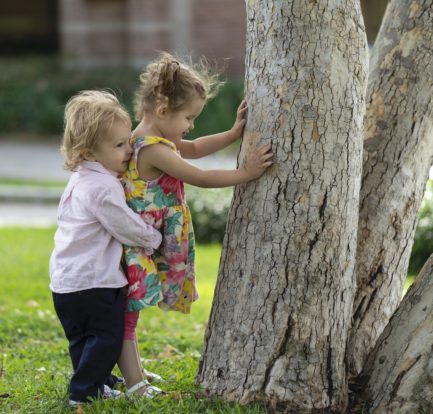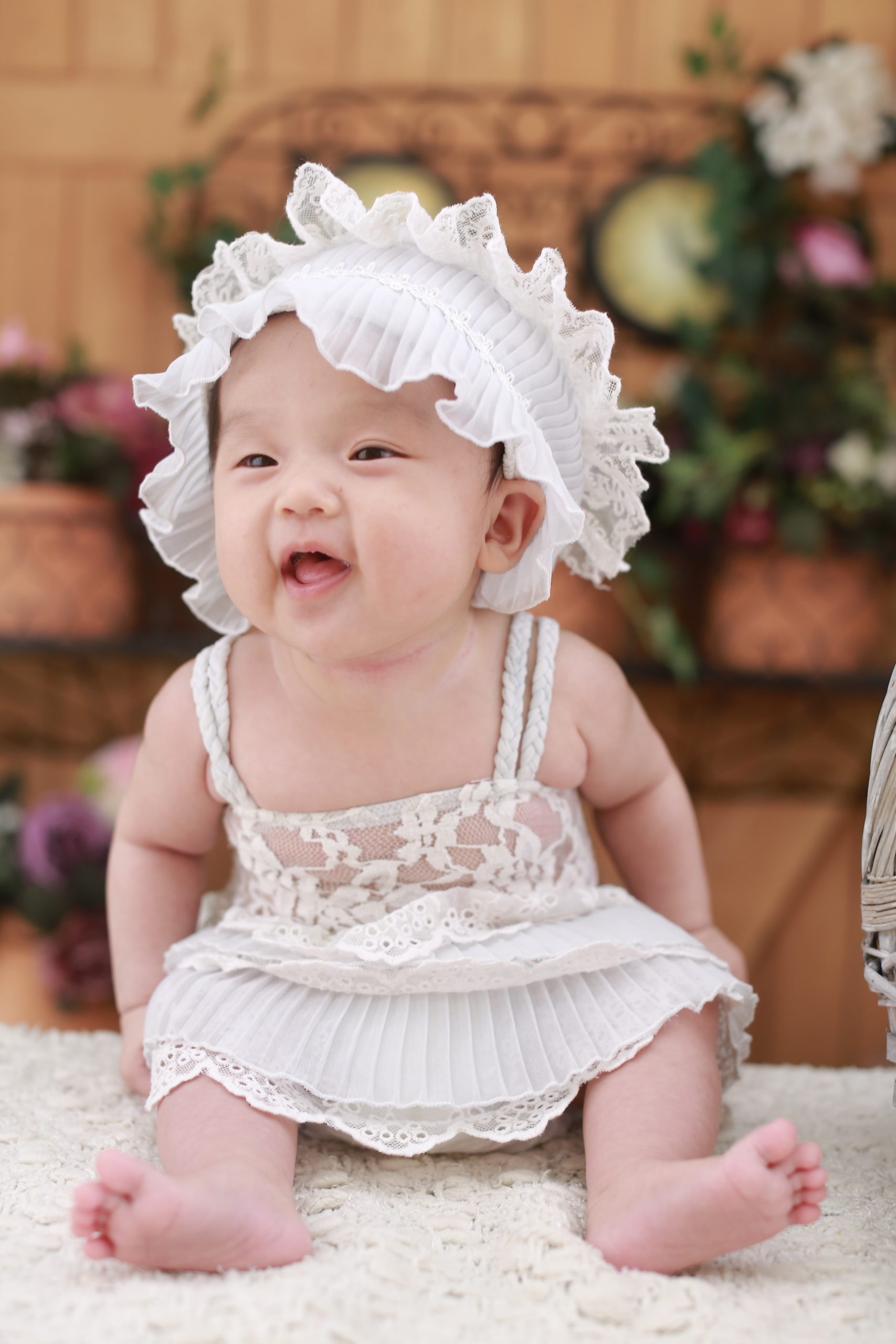The Children’s Cochlear Implant Center at UNC is a world-renowned pediatric cochlear implant program, staffed by 4 full time audiologists and 6 full time Listening and Spoken Language certified speech and language pathologists. The Children’s Cochlear Implant Center provides individualized therapy for children with all levels of hearing loss, and learning opportunities for hearing care […]
Browsing Tag: Learning
Reach Out and Read: Books as a Pediatrician’s Secret Tool
Dr. Elizabeth S. Erickson, MD is an excellent pediatrician in Durham and Assistant Professor of Pediatrics in the Duke University School of Medicine. She kindly agreed to write about a program she uses daily in her own practice, Reach Out and Read, which aims to promote early language skills and improve literacy later on in […]
“Blind children can learn a lot through observation.” Interview with Dr. Jennifer Silvers, parent and researcher
Jennifer Silvers, Ph.D., is an Assistant Professor in the Developmental and Social areas of the Psychology Department at UCLA as well as at UCLA’s Brain Research Institute. She is the Principal Investigator for the Social Affective Neuroscience and Development (SAND) Lab, which studies how children, adolescents, and adults regulate their emotions and the effects of […]
Why does my toddler have trouble with words that sound like ones they already know?
They might have a high neighborhood density. Neighborhood density refers to the number of different words that can be made by changing, adding, or deleting one basic unit of sound (phoneme). In linguistics, a neighborhood is made of all the words that sound similar. The words “heat,” “feat,” and “meat” are all in the same […]
How do kids know whether a word refers to a specific object or a bigger category?
The taxonomic assumption groups objects together based on shared characteristics. When children are learning the names for new objects, they use different strategies to learn faster. In addition to assuming that the same object name applies to objects that are the same shape (shape bias) and assuming one name per object (mutual exclusivity), young children […]
We can guess a few things about what your baby’s first words will be!
Babies around the world often have similar first words – why? Did you know that babies around the world usually have first words that are similar to each other? Many babies start talking with “mama” or “doggy,” but you would be surprised to hear a baby’s first word was “cartwheel” or “the!” Have you ever […]
It’s shaped like a cat, so is it a cat? Shape bias in word learning
Shape bias helps us categorize the world. Shape bias refers to the tendency of children to sort similarly-shaped objects into a category and apply the same name to them. It is an assumption that children make to help them learn. In this case, it allows children to quickly learn names by linking words to objects. […]
I speak differently to my baby than to other adults. Is it actually helping them learn?
Parentese is more than baby talk. Named after parents around the world, parentese is a style of speaking that features a higher pitch and drawn-out vowels. Believe it or not, parentese is not baby-talk. Baby-talk is when a parent babbles to their infant. They might say things like “babababa” or mispronounce words and say things […]
Your toddler knows that new words (probably!) label things they don’t yet have a name for!
Mutual exclusivity helps babies learn about the world. Mutual exclusivity is a generally helpful assumption that young children (and adults) use as they learn a language. Under this assumption, they tend to believe an object should have just one name. This leads them to expect a new name for a new object and to avoid […]
Your baby’s vocabulary is more than just the words they can say.
Everyone has both a receptive vocabulary and a productive vocabulary. Combined, they hold all the words we know. A vocabulary is well known to be all the words a person knows. A receptive vocabulary describes all the words a person understands, and is also called a comprehension vocabulary. A productive vocabulary describes all the words […]

